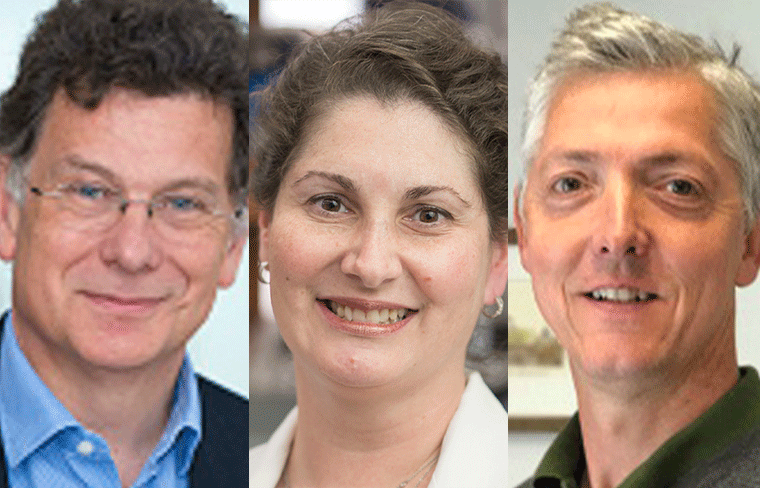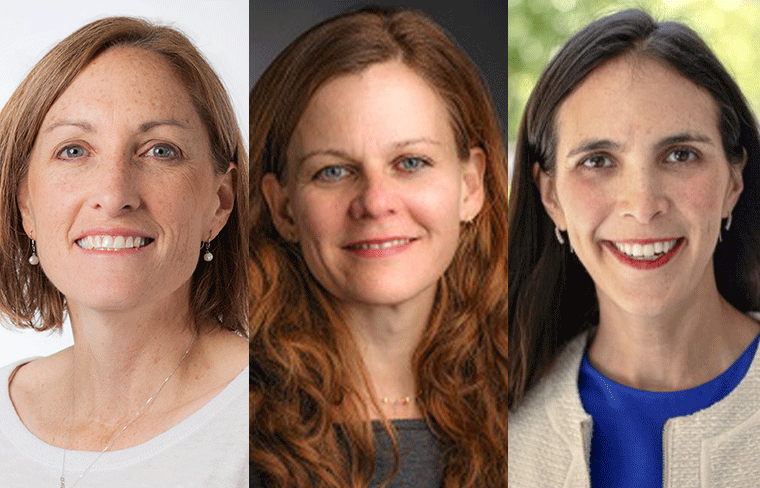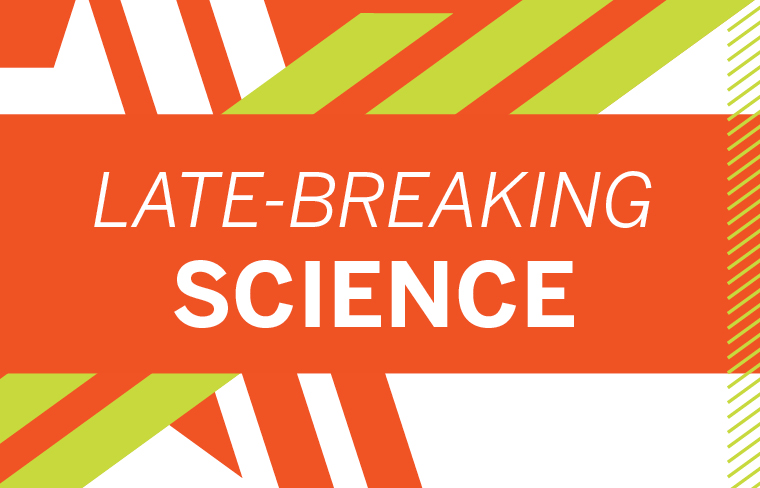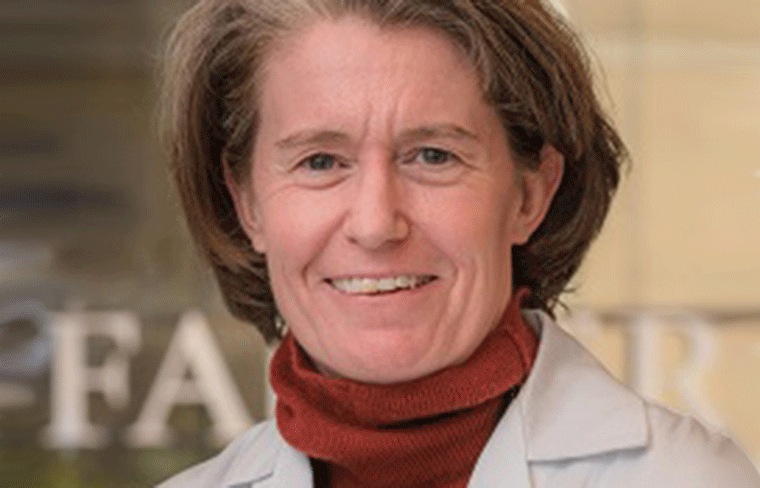
The latest news updates from the 2024 Symposium
-
Educational Session explores advances in treating ER positive breast cancer
Read More: Educational Session explores advances in treating ER positive breast cancerOne of the enduring problems in treating ER+ breast cancer is its persistent tendency to recur. HER+ and triple negative breast cancers usually recur within the first few years after treatment, but ER+ cancers have a steady rate of relapse over decades.
-
Good clinical outcomes only a part of breast cancer recovery
Read More: Good clinical outcomes only a part of breast cancer recoveryRecovering from breast cancer means more than good clinical outcomes. The overarching goal is good quality of life, which means balancing clinical outcomes with treatment toxicities while preserving a positive body image, good sexual health and, for patients who want it, the opportunity for biological children.
-
Postmenopausal women with early-stage breast cancer and low recurrence score could skip adjuvant chemotherapy
Read More: Postmenopausal women with early-stage breast cancer and low recurrence score could skip adjuvant chemotherapyAfter a median follow-up of 5.1 years, among women with lymph node-positive early-stage breast cancer and a recurrence score of 25 or lower who received adjuvant endocrine therapy with or without chemotherapy, postmenopausal patients had no added benefit from chemotherapy.
-
Under-recognition of symptoms may be common in patients with breast cancer receiving radiotherapy
Read More: Under-recognition of symptoms may be common in patients with breast cancer receiving radiotherapyAmong patients with breast cancer treated with radiotherapy, under-recognition of symptoms was common in reports of pain, pruritus, edema, and fatigue, with younger patients and Black patients having significantly increased odds of symptom under-recognition.
-
Women who undergo mastectomy and reconstructive surgery may be at risk of becoming persistent drug users
Read More: Women who undergo mastectomy and reconstructive surgery may be at risk of becoming persistent drug usersWomen who receive mastectomy and reconstructive surgery as part of breast cancer treatment may face the risk of developing persistent use of opioids and sedative-hypnotic drugs.
-
SABCS continues today with world-class science and a ‘can’t miss’ networking opportunity
Read More: SABCS continues today with world-class science and a ‘can’t miss’ networking opportunityDay three of SABCS 20 kicks off this morning with General Session 3, featuring abstract presentations covering some of the latest results in cancer research along with commentaries from expert discussants, followed by six Spotlight Sessions this afternoon.
-
Plenary Lecture: Dr. Mittendorf addresses ‘knowledge gap’ in local regional therapy after neoadjuvant treatment
Read More: Plenary Lecture: Dr. Mittendorf addresses ‘knowledge gap’ in local regional therapy after neoadjuvant treatmentIn one of two SABCS 20 Plenary Lectures, Elizabeth A. Mittendorf, MD, PhD, discussed local regional therapy considerations after neoadjuvant chemotherapy and summarized some of the key “knowns” and “unknowns” related to the topic.





